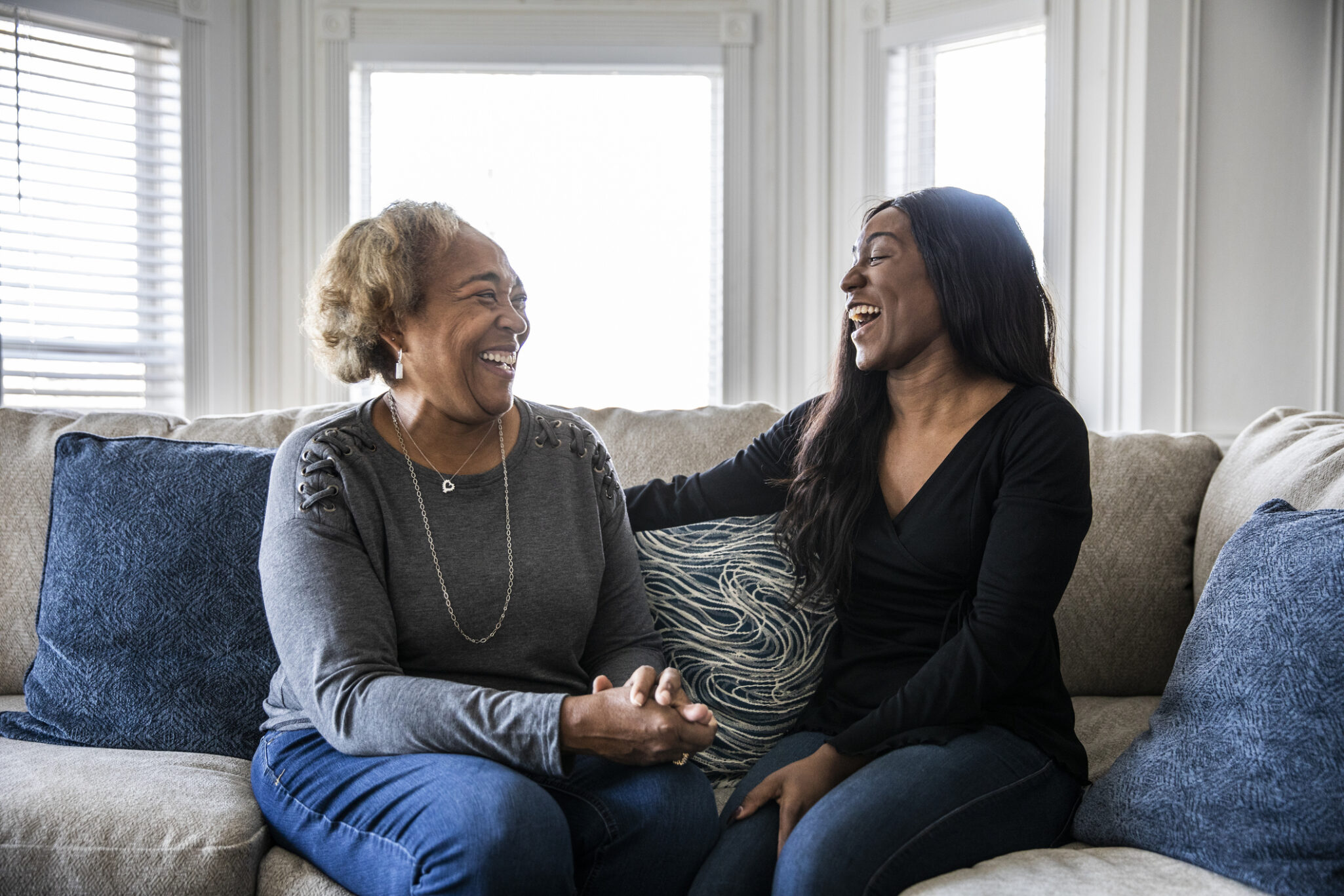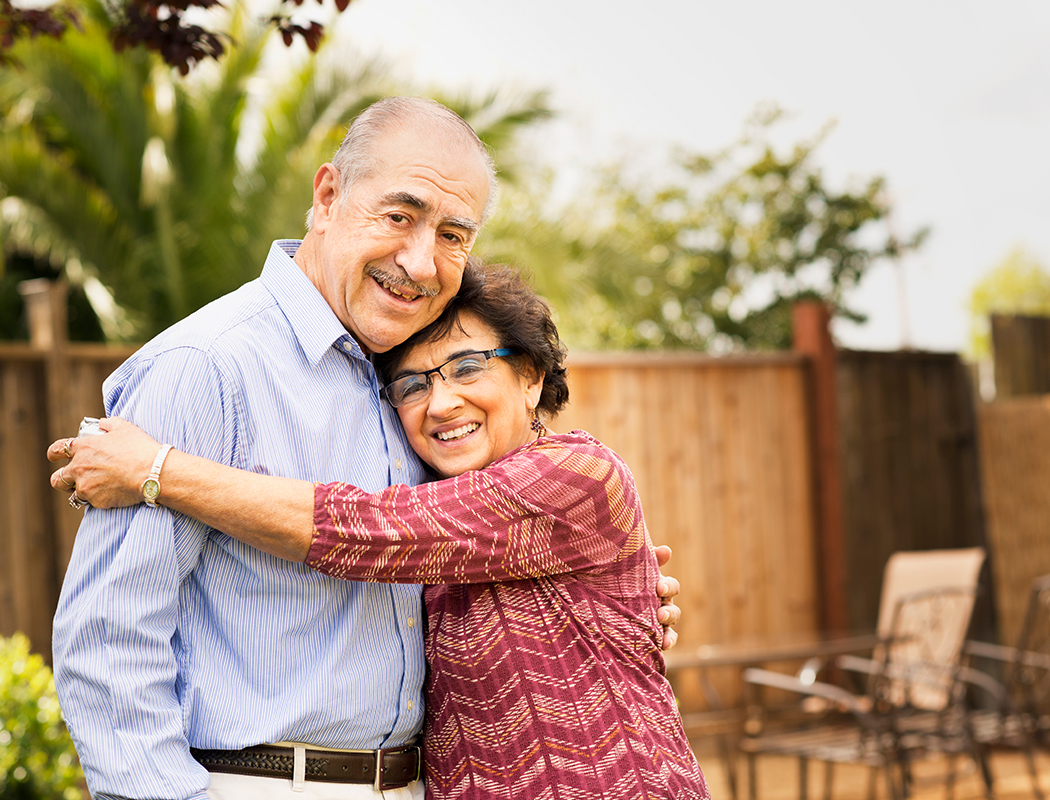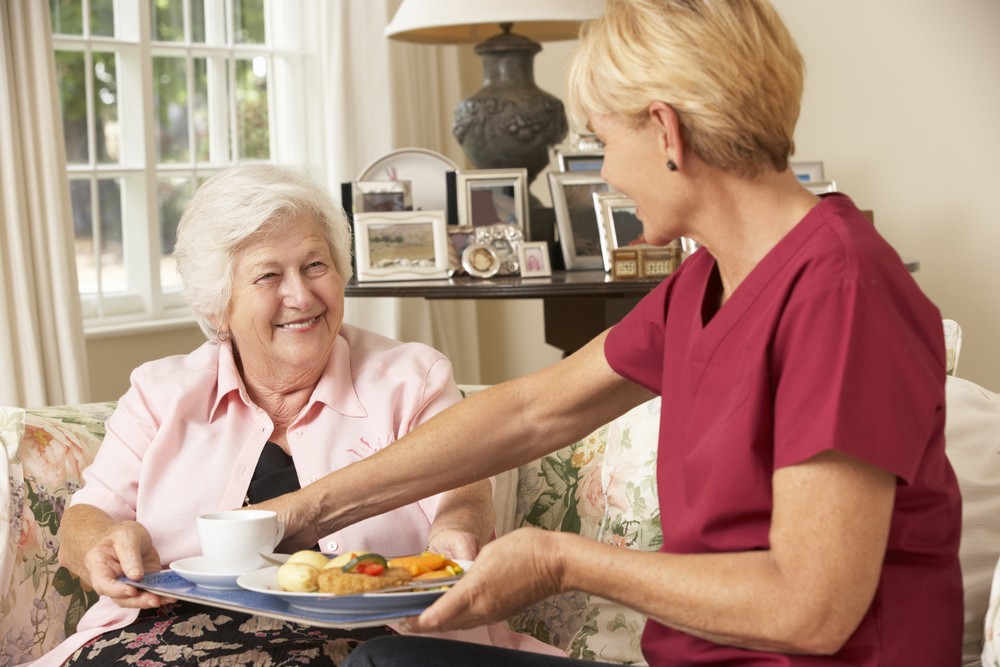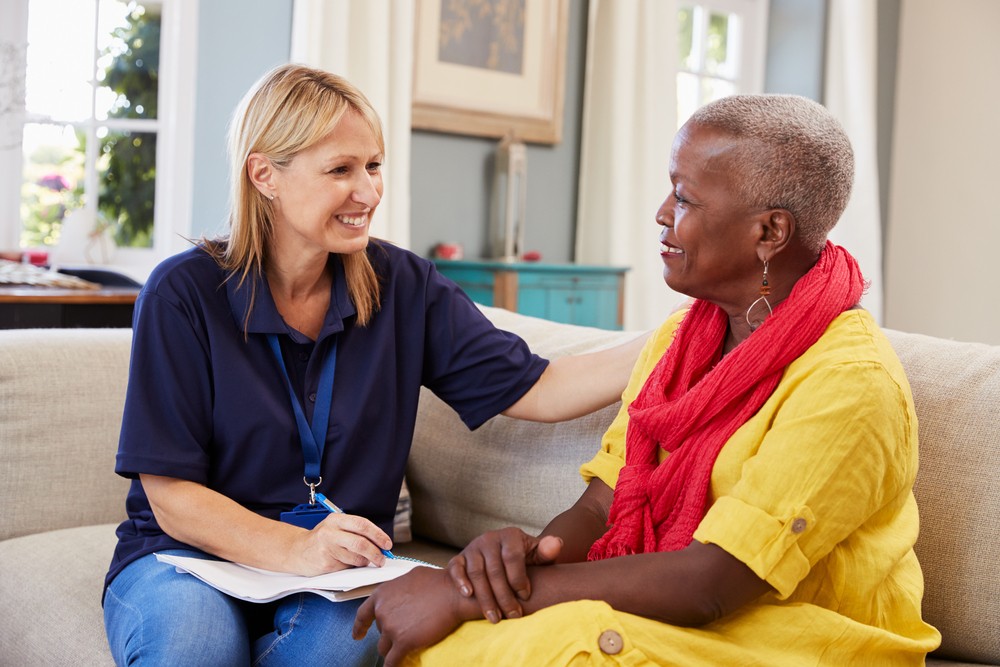How to Emotionally Support a Family Member Adjusting to Assisted Living

Helping a loved one move to an Assisted Living community is a big change in life, and one that usually comes with a mix of emotions. As a family member, you want to make sure they have the support they need as they age. It’s also important to understand the emotional journey your loved one may go through when leaving the home where they’ve lived for years or decades.
Moving away from the familiarity of home can feel like a loss, and needing assistance to manage daily tasks can feel like another setback. It’s important to acknowledge these feelings and give your loved one time and space to accept the changes. Coming to terms with the reality that they need some help isn’t easy, but doing so can help everyone move forward with a more positive outlook.
We’ll cover the ways family members can help make the transition easier with advice for navigating the emotional journey before and after moving to Assisted Living.
Preparing for the Changes Ahead
Here are some ways to prepare for a successful move and provide emotional support for your loved one along the way:
- Hold a family meeting. Bring family members together to share concerns and discuss potential solutions and next steps in the moving process. Finding ways to work together can relieve underlying tension and prepare everyone involved for the changes ahead.
- Don’t rush the downsizing process. Set realistic expectations for downsizing with your loved one. Trying to downsize an entire home in a weekend or a few days can be overwhelming and emotionally distressing. Taking extra time to look at family photo albums and share memories provides a way to spend quality time together before they move.
- Surround them with familiar things. Creating a familiar space that feels like home can help ease the transition to an Assisted Living community. When selecting items to move into their new apartment home, bring family photos, cozy pillows, treasured knickknacks and furniture pieces that remind them of home.
- Focus on the positive aspects of moving. Encourage your loved one to embrace the positive benefits of moving to a community where they’ll have convenient access to restaurant-style dining, a fitness center, social events, and so much more. With a maintenance-free lifestyle, there’s less to worry about and more time to enjoy what matters most to them.
Supporting Them After the Move
The first few months after someone moves into an Assisted Living community is a critical time for forming new routines and meeting new friends. Family members can help by continuing to provide emotional support in this new stage of life. Here are some ways to do that:
- Visit often. Seeing familiar faces can help your loved one feel at home. Frequent visits from family and friends can lift their spirits, especially in the first few weeks and months.
- Help them find activities to try. There are so many ways to get involved with fun and fulfilling activities in a senior living community, but it can take some time to branch out and try new things. If your loved one needs some encouragement, you could help them find a class or activity that matches their interests, or attend a social event on campus together.
- Take trips off campus. Plan special excursions together to some favorite places, whether it’s a local coffee shop, place of worship, quilt shop or car show.
- Encourage friends and family to connect. Make it easy for others to reach your loved one by sharing their new address and phone number. Even if the distance is too far for a visit, receiving letters and phone calls is a wonderful way to stay connected across the miles.
We Can Help Ease the Transition to Assisted Living
At Autumn Leaves, we’re here to help you navigate the challenges of moving a loved one into Assisted Living. You can rest assured knowing that your loved one will be in a caring and supportive environment where they’ll be inspired to make the next chapter in life the most fulfilling yet. We invite you to learn more about our all-inclusive Assisted Living community in Dallas, Texas.
You Are Invited to Experience Our Community!





